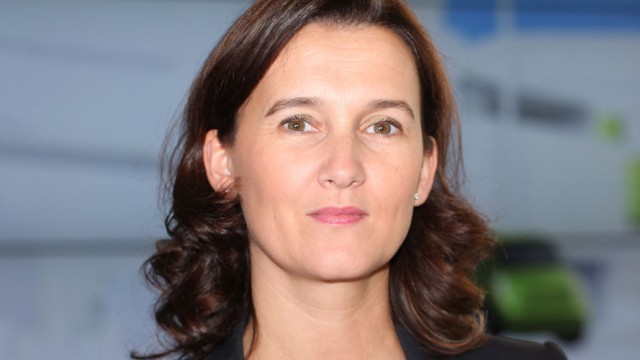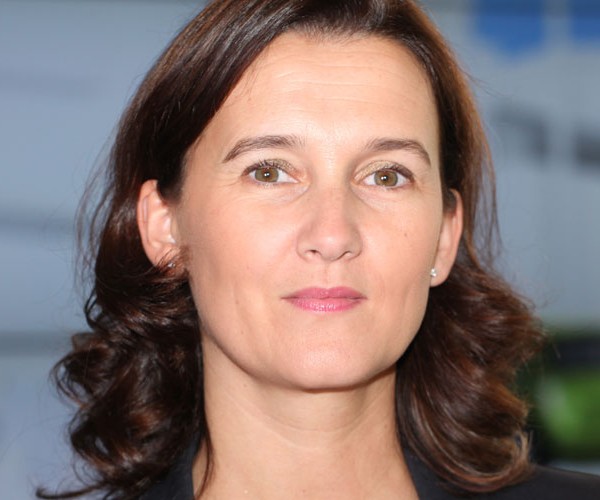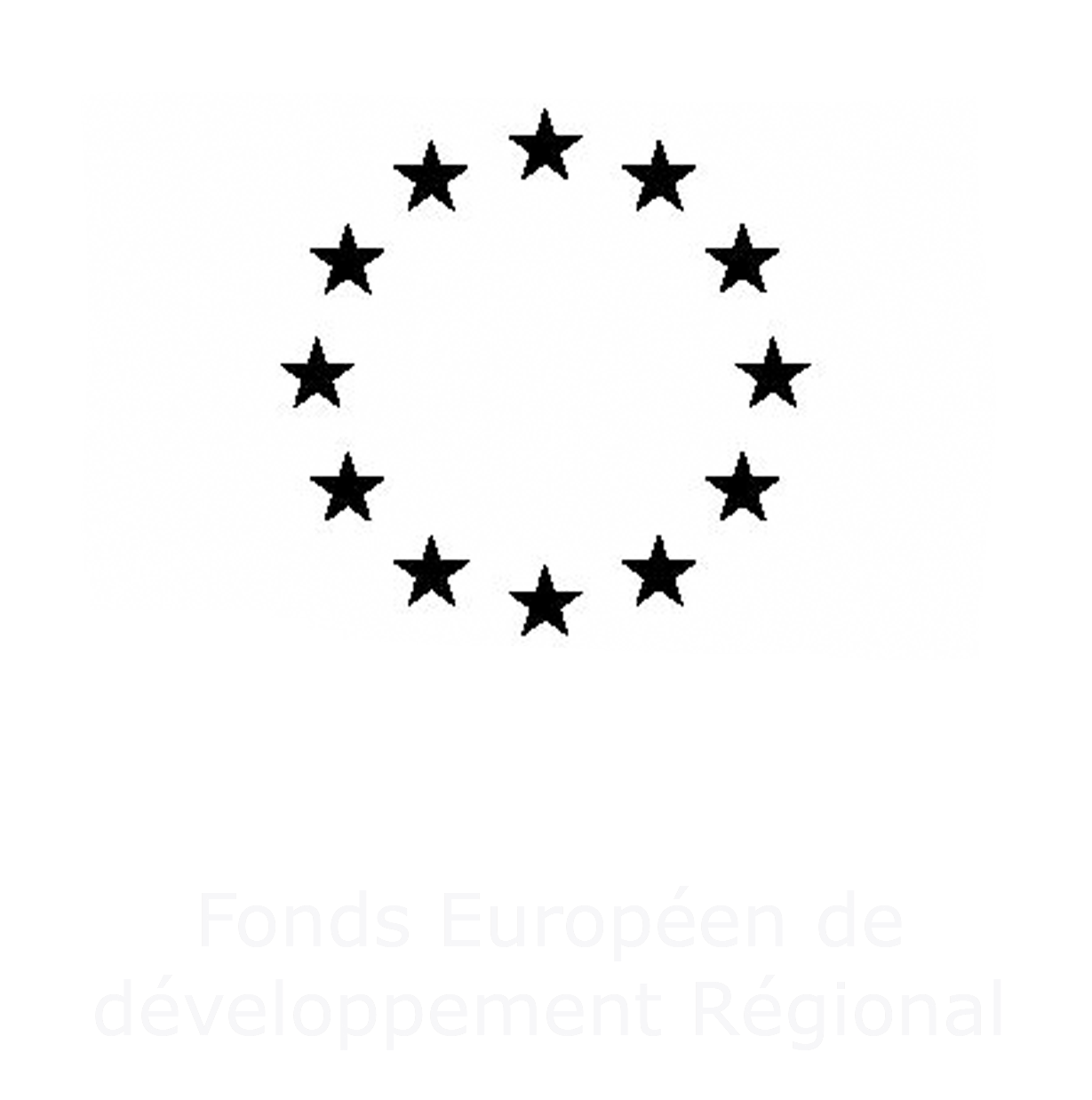
Delphine Camilleri – Legrand: “to collaborate with the university to serve the interests of Legrand”
Legrand is the global specialist when it comes to electrical and digital building infrastructures. It has collaborated with the University of Limoges for many years. Delphine Camilleri, Director of Internal Communication and External Relations at the Legrand Group answers our questions about this partnership…
What are your links with the University of Limoges?
It’s a win-win relationship, we’re partners. We are aware that it is important to invest alongside the University of Limoges and in parallel we are also very pleased when the world of students and research can give us answers or, more broadly, support serving the interests of Legrand … That’s why we do not hesitate to become more involved with the university in order for it to take advantage of the practices and knowledge of our employees.
For example?
The autonomy of people and the connected system are two major challenges for Legrand…We are naturally very involved in the Home Automation and Autonomy of People Bachelor’s programme as well as the new Master’s in Home Autonomy and this involvement goes well beyond the simple financial aspect…We have worked on the design of the curriculum so that it is always in line with the market. Some of our staff are involved within the context of tutored projects as support for the creative part and also innovation. Quite naturally, these courses form part of our national challenge that we organise with a dozen partner schools and which allow students to work on real business issues. In addition, we are currently collaborating in writing a publication on new teaching methods. The University of Limoges and its components (research and teaching) provide us with an external view of the problems and issues of companies that face us…Whether in technical fields or not.
Do you use students?
Yes, within the context of research projects and at the request of our Innovation Department. I would cite, by way of example, the Monitor’âge project conducted in collaboration, among others, with XLIM and the ELOPSYS competitiveness cluster. This project, started in late 2012, aims to develop and test a “smart” supervision in care homes, nursing homes or residences for people who have lost their autonomy, to offer a better quality of care and life to patients, and to enable institutions to improve their overall performance. The software interface allows you to merge and synthesise very legibly the data reported by the non-intrusive sensors installed in the rooms of patients/residents. Caregivers can thus automatically detect situations of discomfort or risk, be alerted more quickly in case of problems and adapt their activities to residents (for example, at night, to intervene only when necessary, without disturbing those who find it difficult to sleep). In a very operational manner, tailored solutions such as fall sensor, wandering sensor, a breathing sensor and a sound sensor have been developed and are being tested in different places, including two care homes in Haute-Vienne.
In what way is the Legrand/University of Limoges relationship important to you?
This approach to our partnership is crucial because it guarantees a lasting and constructive relationship, thus standing the test of time, between the university and our group… It is because our employees are involved in the life of the IAE through sharing their expertise (Marketing, Commerce, Purchasing, Communication, Creativity…) that we have built a relationship that now allows us to count the IAE among our partners for the transition period for our employees… For university, it is important to be able to complete a university education with an awareness of professionals who will confront the theory in the world of business and vice versa. We learn a lot by coming to teach, not least the profiles of the new generations!
How has the University of Limoges benefitted you?
An outside view, admittedly, but also an increase in knowledge because to innovate effectively, we can no longer content ourselves with our own expertise…we must share it with external expertise in a real, dynamic involving “open” innovation. We are currently trying to launch a project on digitisation strategies with researchers from CeReS. It’s a fascinating subject, and a big challenge. I hope that it will succeed very soon.


